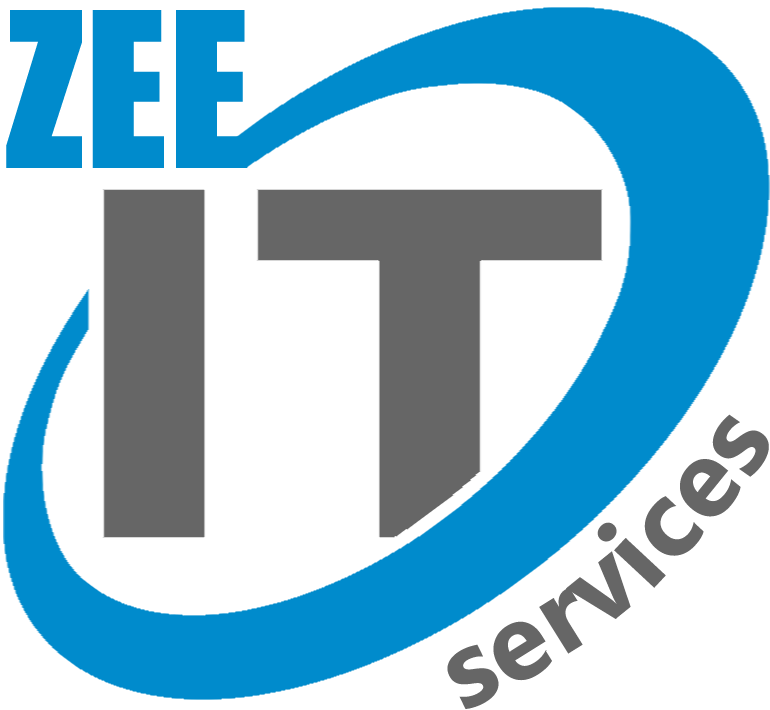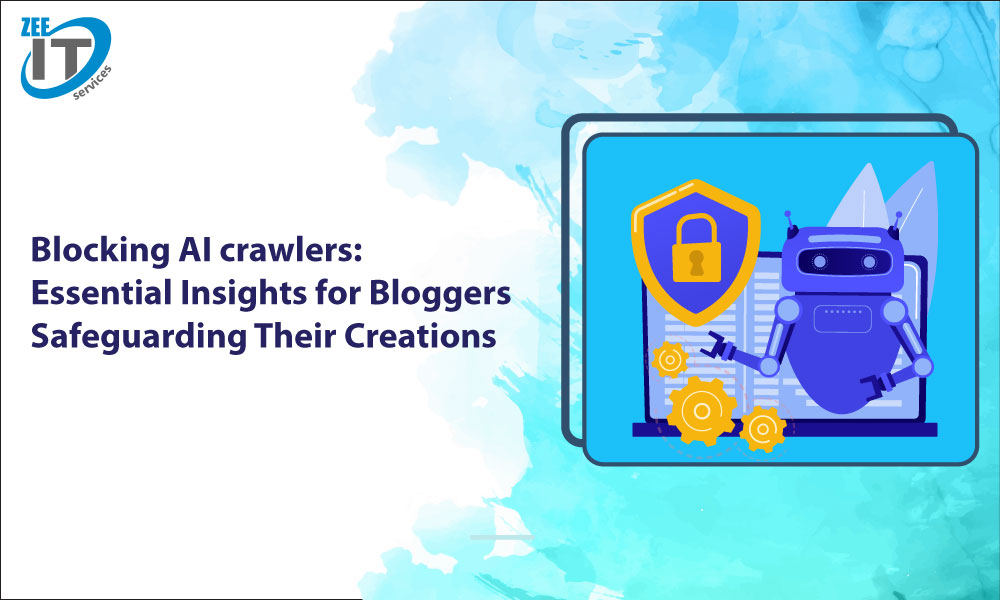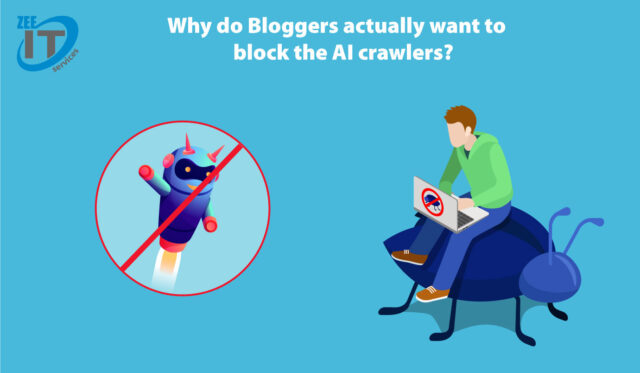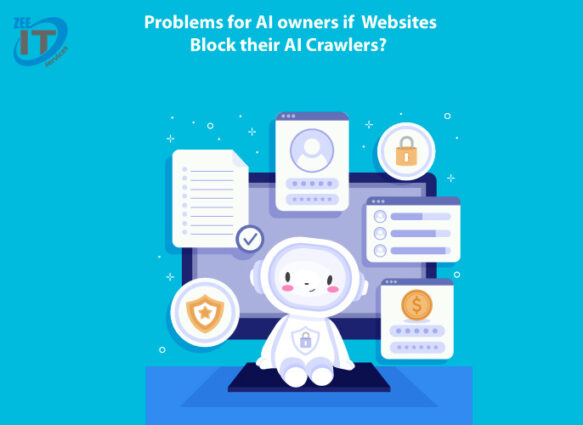Today, artificial intelligence is changing the online world and expanding quickly. Even Google is not left behind in the competitive environment of AI and has introduced its own AI power tool which is called Google Gemini which will be launched very soon against OpenAI. The need for leading websites to protect their content from AI crawlers has increased with the development of AI technology. As a blogger, it’s essential to understand how to block these crawlers effectively, ensuring the protection of your intellectual property and maintaining control over your online presence. We will go into great depth about each topic in this extensive guide. So, let’s start it!
What are AI crawlers? Difference between Google crawler and AI crawler working?
Artificial intelligence crawlers, or simply AI crawlers, are a wider category of automated agents that browse the web and classify and analyze content. AI crawlers make use of advanced algorithms and machine learning approaches, compared to traditional crawlers, which are primarily focused on indexing for search engine results. Beyond the capabilities of traditional crawlers, these intelligent bots can extract useful information, recognize patterns, and figure out complicated information.
When issues arise?
When we talk about the working of search engines and crawlers then Users see content in browsers, and crawlers save it to a database for later use. This process is the foundation for how search engines, like Google, get the data that appears in their search results.
Google and other web firms consider the activities of their data crawlers as fair use, a perspective that has stirred dissent among publishers and intellectual property holders. Legal battles have ensued, with multiple lawsuits challenging the practice of web crawling.
AI businesses send out their own crawlers to gather data in an effort to train models and power chatbots. In order to protect their data, writers are taking a more defensive approach in the age of artificial intelligence and deliberately restricting crawlers.
Why do Bloggers actually want to block the AI crawlers?
Now after this debate, you may ask the question: why? Why are bloggers against the AI crawler? We can’t explain it within a sentence because there are several reasons. Here are some common reasons why bloggers choose to block AI crawlers:
- Preserving Originality and Uniqueness: Bloggers invest time and effort in creating original and unique content. Blocking AI crawlers helps in preventing unauthorized duplication of this content by competitors or other websites. Bloggers can keep their sites unique by preserving their unique ideas and perspectives.
- Protecting Sensitive Information: Certain bloggers may have parts of their websites that are private or confidential and should not be viewed by the general public. Blocking AI crawlers ensures that these specific areas remain inaccessible to automated indexing, reducing the risk of data leaks or unauthorized access.
- Maintaining Control Over Access: Bloggers like having strategic control over who can access their content. They may control which parts of their blog are indexed by search engines and which are kept private by disabling AI crawlers. To manage the visibility of particular content, this control is necessary.
- Preventing Scraping and Plagiarism: AI crawlers are not only used by search engines but can also be employed by individuals or organizations for scraping content. Bloggers block crawlers to mitigate the risk of unauthorized use of their content, reducing the likelihood of plagiarism by scraping and subsequent usage.
- Controlling SEO Equity: While bloggers understand the importance of SEO for visibility, they also want to control how their content is indexed. Some may choose to block certain parts of their blog to prevent dilution of SEO equity or to avoid ranking for irrelevant keywords.
What problems arise for AI owners if websites block their AI crawlers?
Now let’s talk about the other side: if bloggers block the AI content then what issues AI companies will face? The blocking of AI crawlers by websites poses a range of challenges for AI owners, impacting their ability to gather valuable data and refine their artificial intelligence models. Here are the problems that arise for AI owners when websites choose to block their crawlers:
- Data Scarcity and Quality: Limited or no access to new and different data is the result of blocked website access. This shortage hampers the ability of AI models to learn and adapt, potentially compromising the quality and relevance of their outputs.
- Model Training Limitations: AI models, especially machine learning and deep learning models thrive on large datasets for effective training. Blocking crawlers restricts the flow of fresh data, hindering the continuous improvement and optimization of AI models.
- Reduced Model Accuracy: The absence of real-time data from web crawlers can result in outdated models. AI systems that depend on current information for accurate predictions and analyses may experience a decline in performance, affecting their overall accuracy.
- Impaired Decision-Making Algorithms: AI algorithms often rely on real-world, dynamic data to make informed decisions. Blocking crawlers limits the algorithm’s ability to adapt to changing patterns and trends, potentially leading to suboptimal decision-making.
- Inability to Capture Market Trends: Web crawling is a crucial tool for staying abreast of market trends, consumer behavior, and emerging patterns. Blocking AI crawlers can cause AI owners to miss valuable insights that could inform strategic decisions and innovations.
- Stunted Innovation: The development and innovation of AI technologies depend heavily on the availability of diverse and current data. Blocked access impedes the innovation pipeline, limiting the potential for groundbreaking advancements in AI applications.
- Dependency on Alternative Data Sources: AI owners may need to resort to alternative, potentially less reliable data sources if their primary crawling methods are thwarted. This introduces uncertainty and risks compromising the robustness of AI models.
- Increased Operational Costs: AI owners might incur additional costs in developing workarounds or seeking alternative methods to gather the necessary data if their conventional web crawling approaches are obstructed. This can strain resources and hinder cost-effectiveness.
- Legal and Ethical Considerations: The blocking of AI crawlers may lead to legal and ethical debates, especially if AI owners attempt to bypass these restrictions. Striking a balance between data access and respecting website owners’ wishes becomes a delicate and contentious issue.
- Competitive Disadvantage: In industries where AI plays a pivotal role, being deprived of crucial data due to blocked crawlers can place AI owners at a competitive disadvantage. Competitors with unfettered access to valuable data may outpace innovation and market responsiveness.
Effective Strategies for Blocking AI Crawlers
Now let’s talk about the main topic and see how can bloggers block the AI crawlers:
Robots.txt Mastery
One of the most important things about crawler control is using the robots.txt file. You can tell search engine crawlers what parts of your website to visit and which to ignore by carefully creating and deploying this file. As a virtual gatekeeper, a well-optimized robots.txt file may control the crawler’s route across your blog.
Utilizing Meta Robot Tags
Explore the complex nature of meta tags to have more precise control over the content that search engines display. You can indicate whether a page should be indexed, followed, or completely removed from search engine results by using meta robot tags. This degree of accuracy enables bloggers to precisely select which of their content to make visible.
Implementing HTTP Header Responses
A more advanced method would be to use HTTP header responses. You have server-level control over crawler access by setting these headers. By using this technique, you may effectively control AI crawlers without depending just on client-side instructions, adding an extra degree of protection.
Why choose Zee IT Services?
Zee IT Services is your go-to partner for Enterprise SEO services. Boost your internet visibility with them. Our committed team of professionals uses innovative strategies to take your company to new heights in the digital sphere. We implement SEO into your business with ease using customized solutions, guaranteeing unmatched exposure, more customers, and steady development. Put your trust in Zee IT Services to improve your website and turn it into a powerful online presence
Frequently Asked Questions
What is the significance of blocking AI crawlers for bloggers?
Blocking AI crawlers is crucial for bloggers to protect their original content, maintain control over their online presence, and prevent unauthorized duplication of their creations.
How can bloggers effectively block AI crawlers?
Bloggers can employ strategies like optimizing the robots.txt file, utilizing meta robots tags, and implementing HTTP header responses to control and restrict AI crawler access strategically.
Why should bloggers strike a balance between protection and SEO equity?
Maintaining a balance ensures that while protecting content, bloggers don’t compromise their SEO rankings. Overblocking may lead to a decline in search engine visibility, affecting the reach of their blog.
What are the common pitfalls bloggers should avoid when blocking AI crawlers?
Bloggers should be cautious about overblocking, which can have adverse effects on SEO. Regular audits of crawler control mechanisms are essential to adapt to industry changes and prevent vulnerabilities.
How do AI crawlers differ from traditional search engine crawlers like Google’s?
AI crawlers encompass a broader category employing advanced algorithms and machine learning, while Google’s crawler specializes in web indexing and optimizing search engine results.



